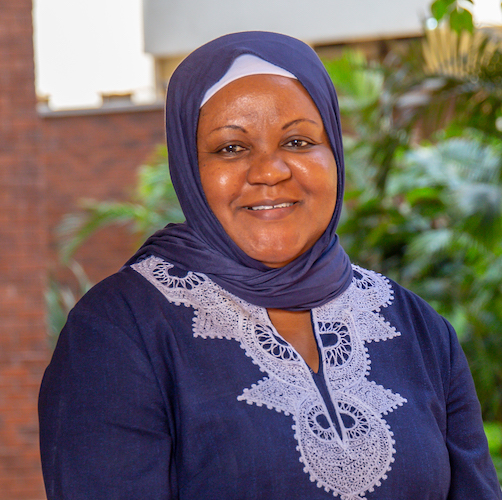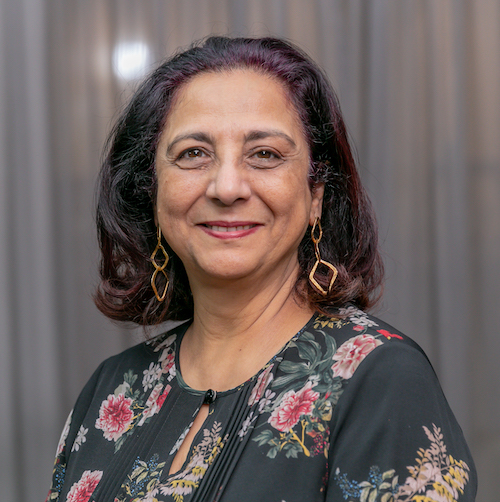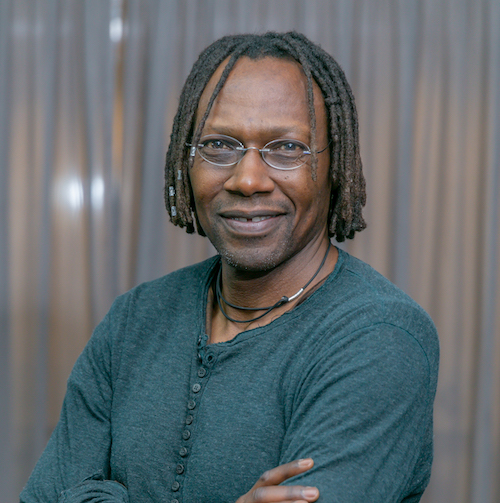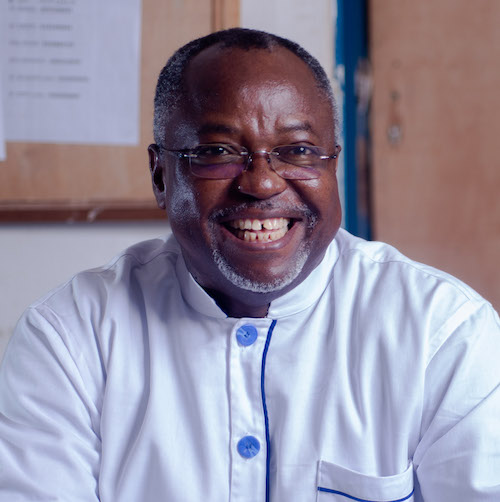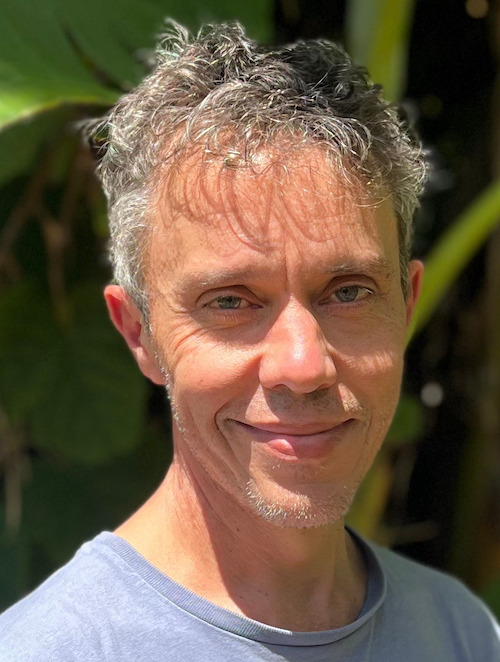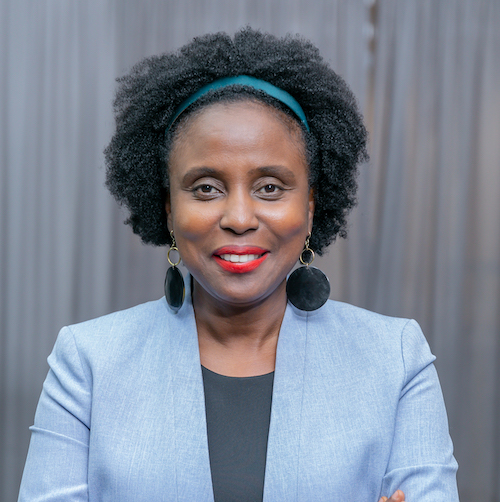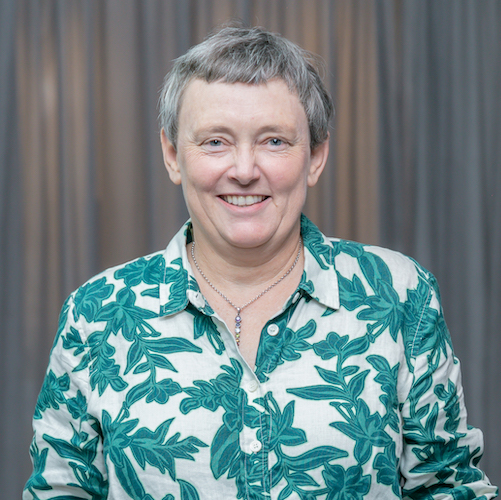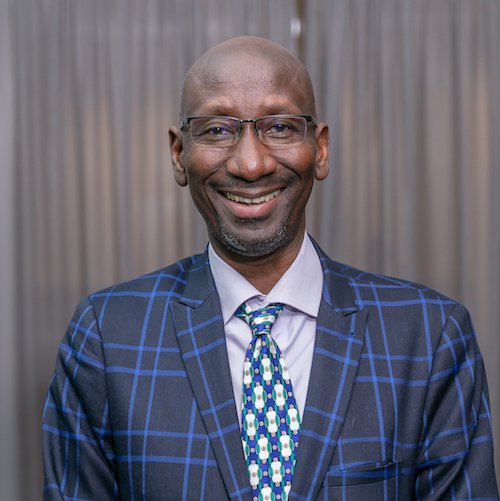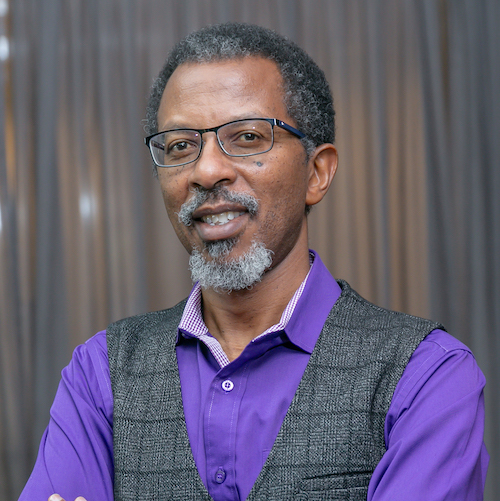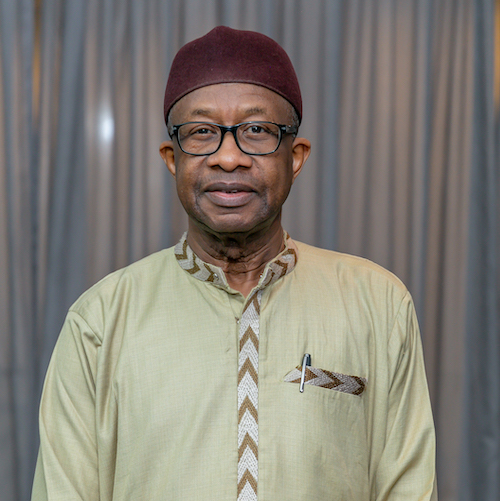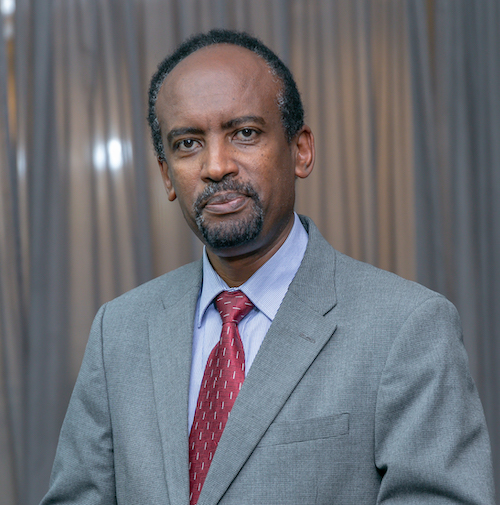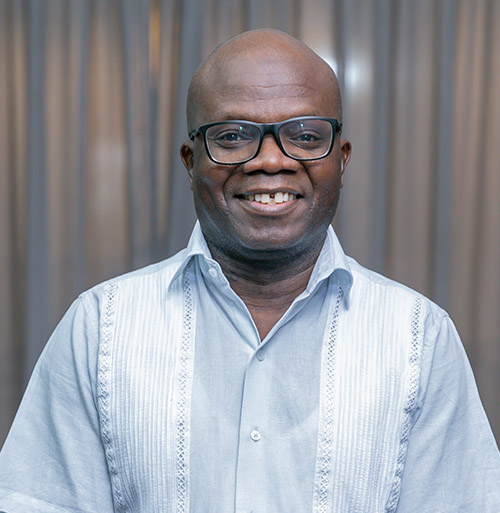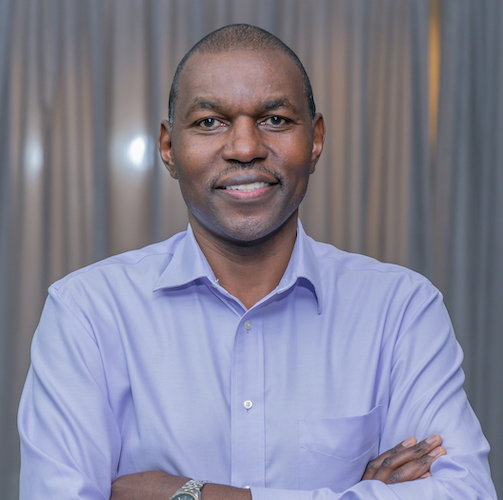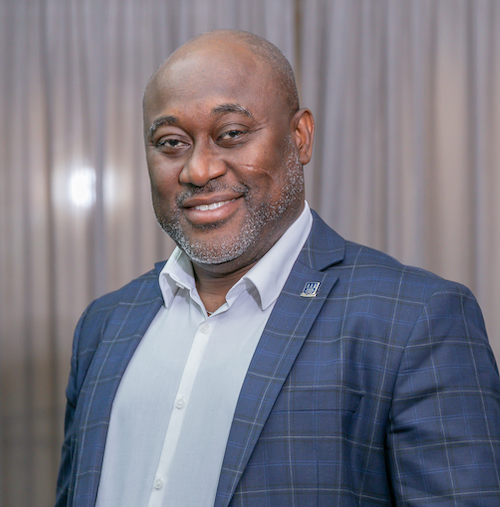
Clinical Research and Trials Community (CRTC)
Increasing investments in
clinical research and trials
in Africa.
WHAT WE DO
CRTCWith over 25% of the global disease burden, only about 4% of global clinical trials occur in Africa. This disproportion is driven by inadequacies in the clinical research capacity, regulatory process ambiguity, deficient regional patient and disease area data, and a lack of visibility of existing clinical research capabilities in Africa.
Activities
CRTC is currently partnering and engaging with various stakeholders in the clinical research and trials ecosystem to deliver:
- The Clinical Trials Community (CTC) is an online platform that aims to be a comprehensive source of intelligence on country-level clinical trial processes and will increase the visibility of African trialists, clinical sites/centers, the continent’s regulatory agencies, and their capabilities to increase the level of clinical trial investment in Africa. This platform is a collaboration with nuvoteQ and it is supported by the Bill and Melinda Gates Foundation.
- The Cross Pharma Capacity Development Initiative (CPCDI) is being implemented in collaboration with the global pharma companies and stakeholders with an aim to draw together local and sector partners to collectively develop clinical trial capacity and sustainably bring more clinical trials to Africa.
CRTC Africa

DELTAS Africa funds consortia aligned to four strategic areas of scientific quality; research leadership; research manage, culture & infrastructure; and scientific citizenship.
The DELTAS Africa programme is designed to establish excellent research networks that will recruit, train and mentor a globally competitive critical mass of researchers who will lead locally relevant and high-quality research to influence health science, policy and practice in Africa.
DELTAS Africa II continues to foster intra-Africa collaboration, improve research environments and train researchers to conduct relevant, locally contextualized studies that advance our knowledge on key research and development priority gaps including: discovery, translational, implementation and operational sciences for:
- Infectious diseases, such as malaria, HIV and tuberculosis
- Neglected tropical diseases and ONE Health
- Non-communicable diseases
- Mental health and neurosciences
- Multidisciplinary nexus of health and climate
- Social sciences and humanities
- Climate change and planetary health
- Anti-microbial resistance
- Accidents, injury, disability and snake bite
- Clinical research
- Implementation research, health systems research, public health research
Our Guiding Principles:
- Long-term horizon: DELTAS Africa acknowledges and is committed to the realities that raising scientific productivity and quality and building a critical mass in leadership is inherently long term.
- Hub-and-spoke model: All DELTAS Africa programmes are led by Programme Directors based in an African institution, who construct multi-country research and training consortia, using a hub-and-spoke model of programme design and delivery which has enabled an increased R&D footprint on the African continent and strengthened south-to-south and intra-African collaborations. The DELTAS Africa model is best imagined as a hub and spoke arrangement in which a lead institution(hub) enters collaboration with other institutions in other countries (spokes) which may be partners or collaborators to jointly apply for large research grants and implement long-term scientific research programmes.
- Research alignment to country and regional needs: DELTAS Africa programmes are aligned to country and regional needs, which have been identified through wide stakeholder and community engagement.
- Diversity and inclusion in consortia leadership and recruitment of trainees: Recruitment of staff and students is tracked to assess gender parity and equity.
- Balancing excellence with equity in consortia formation and recruitment of trainees: Institutions that are generally recognised as strong or high performing research institutions partner with institutions across countries or regions that are generally perceived as not being strong in research to enable the building of capacity, institutional strengthening and improvement of research environment and productivity that will spread excellence across the continent.
- Value for Money: DELTAS Africa grantees mainstream value for money principles throughout the programme life cycle to ensure effectiveness and efficiency
DELTAS Africa Strategic Areas
- Enhanced scientific quality: DELTAS Africa produces world-class scientific research that addresses African health and research priorities through scientific discourse and collaborative supervision by promoting collaborations with well-resourced universities, research institutions and think-tanks to strengthen capacity
- Strengthened research leadership capacities: To strengthen scientific research training and build career pathways for scientific researchers, DELTAS Africa focuses on the tertiary and postgraduate training of science students and professionals along a defined career pathway. Training offered by DELTAS Africa programmes is designed to provide individuals at all career stages with the academic support and research facilities they need to develop into world-class researchers
- Strengthened research systems: To cultivate professional environments to manage and support scientific research. This recognises that developing and supporting research requires that researchers have access to skilled administrative support and adequate resources to compete at a global level; and that creating supportive, sustainable environments is crucial to developing research capacity
- Enhanced scientific citizenship / societal engagement: Foster mentorship, leadership and equitable collaboration in science, and engagement with public and policy stakeholders. DELTAS Africa recognises that for research to achieve real impact it needs to be communicated to policymakers and the public. Communicating research findings to policymakers will ensure that the findings inform policy. At the same time, public engagement is also key to raise public awareness and interest in science, increase the uptake of new health policies and treatments, and strengthen relationships with local communities.
These four strategic areas are recognised as necessary for strengthening, sustaining, attracting, and retaining talent and excellence in research.
